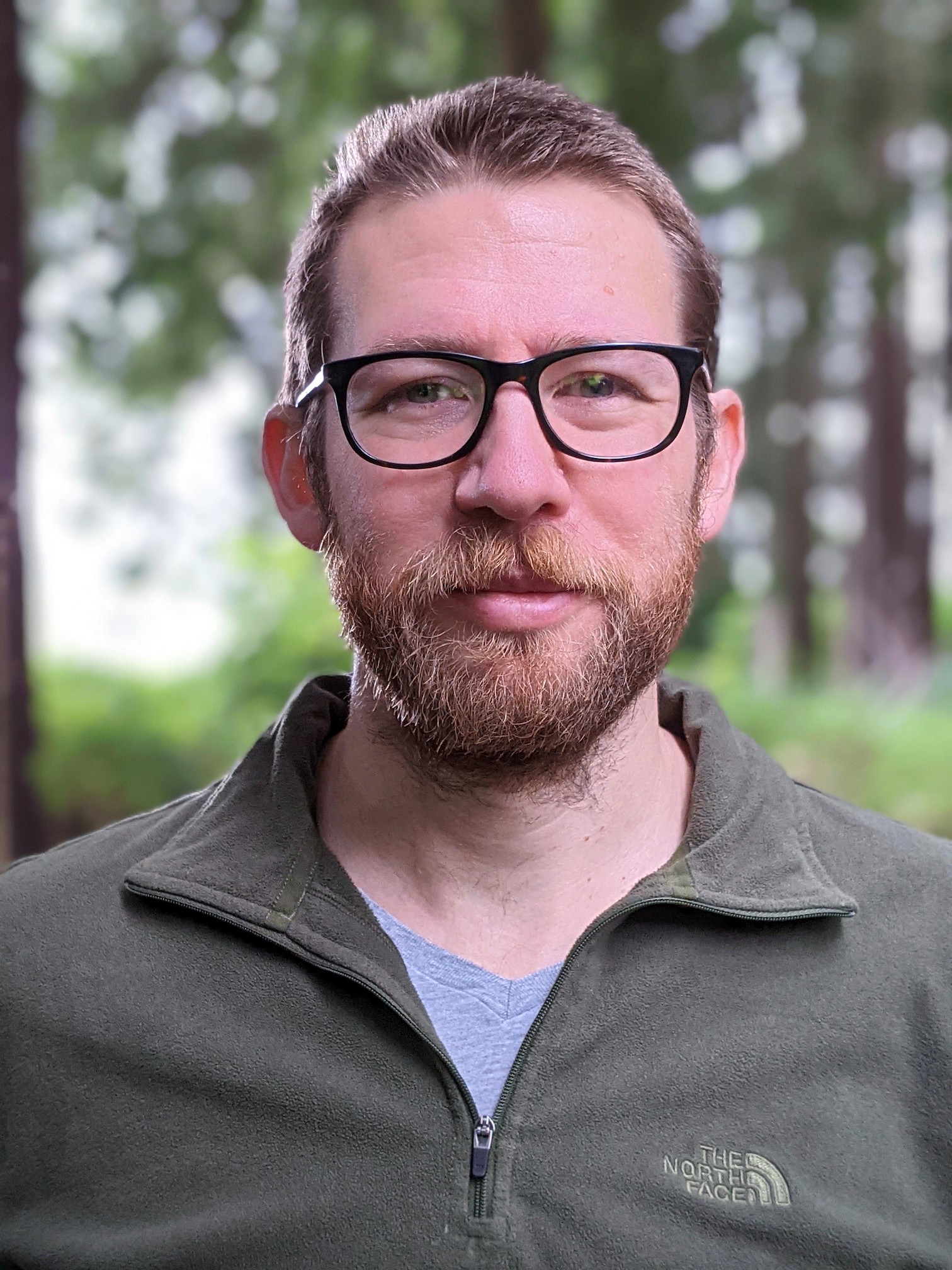Updates
-
Students from outside the Statistics PhD program who are interested in taking this course should email the instructor (Ben, benbr at stat dot ubc dot ca, subject line “STAT 548R interest”) with the following information:
- Department
- Program (e.g., MSc, PhD)
- Research interests
- Reason(s) for wanting to take the course
- Do you have a research advisor? If yes, what is their name?
- Anything else you think the teaching team should know
-
Welcome!
Course Description
STAT 548R is a seminar-style course based on reading, discussion, and collaborative learning exercises. The primary goal of the course is to prepare graduate students in Statistics (and related fields) to successfully navigate the challenges of the PhD program, with a particular emphasis on the skills and knowledge that are not part of the standard curriculum, often not discussed, and usually learned informally—if at all.
The high-level themes of the course will manifest through sessions on:
- Research skill-building (paper reading and critiquing/reviewing, written and verbal communication)
- Soft-skill building (self-regulation and -expectations, managing advisor relationships, supporting your peers)
- Academic culture and the production of knowledge (misconceptions about research, hidden curricula, power dynamics in scientific communities)
- How research happens (research as a process, what counts as progress, the review process)
Class will meet weekly on Monday mornings. Statistics PhD students in the Qualifying Course will also meet on some Wednesday mornings for Qualifying Paper-specific sessions.
Target Audience
The course is designed with new PhD students in Statistics in mind, but most of the main ideas apply to adjacent/overlapping fields (e.g., Computer Science, Mathematics, etc.), with the caveat that every academic community has its own codes, values, standard methods, etc. In fact, the course structure and many of the activities are adapted (and in many cases, used with no or only minor modifications) from a course for new PhD students in Computer Science at Harvard. This is all to say that students from other fields may benefit from the course, and the course will benefit from having students from other fields. Depending on the mix of disciplines of enrolled students, we may try to adapt some activities, with the main constraints being time, resources, and instructor knowledge.
Statistics PhD Qualifying Papers
This course is formally part of the Qualifying Course (STAT 548A/B) for PhD students. In class, we will focus on developing skills and knowledge that will help students indirectly on their Qualifying Papers (QPs). On most Wednesdays through October, there will be QP-specific sessions for Statistics students who are writing QPs. Please see the schedule for details.
Course Policies
Attendance: Class attendance and participation is mandatory. If, due to extenuating circumstances, you need to miss class, please contact the course staff ahead of time to request an excused absence (in which case you are still expected to complete the pre-class activities).
Sickness: If you are feeling unwell, please stay home and notify the course staff.
Grading: The course grade is based on your attendance, pre-class work, and participation. When there is pre-class work, this will be graded based on completion. We will be expecting attendance each week, and every 2 classes with an unexcused absence will be penalized by 5 grade points (e.g., 95 -> 90). Each “very late” (> 15 min late) is counted as 1/2 of an unexcused absence. Missing homework can also result in penalties.
Generative AI: A central part of our work as academic computer scientists is reading, writing, and thinking. We expect you to read, write, and think yourself, and not outsource this to generative AI tools, which will slow your development of these skills. Many assignments will ask you to reflect on your experience, which generative AI is ill-equipped to address. We will not be grading on grammaticallity - the most important thing is for your work to reflect your own voice.
Laptops/Phones: Laptop/tablet/phone use is acceptable when directly tied to classroom activities. We will occasionally have in-class activities that require access to a device. When not engaging in these activities (or active note-taking), please do not use your devices. If you need to quickly fact-check something, you may do so briefly, and then we ask you to stow your device. Some class periods such as student panels will be designated “no devices,” even for note-taking.
Office Hours:
See Canvas.
Instructor
Teaching Assistant
Acknowledgments
There are a number of people we would like to acknowledge for helpful discussions and insights throughout the development of this offering of the course: Yaniv Yacoby, who originally created much of this course structure and material when he was a PhD student, Trevor Campbell, Margo Selzer
This course is adapted (reuses/repurposes material/activities) from: Harvard CS2901/2 "Seminar on Effective Research Practices and Culture" (and earlier iterations)
This course draws on: Justine Sherry's seminar "Reading on Research", Yaniv Yacoby's workshop "How to make the most out of your PhD"


